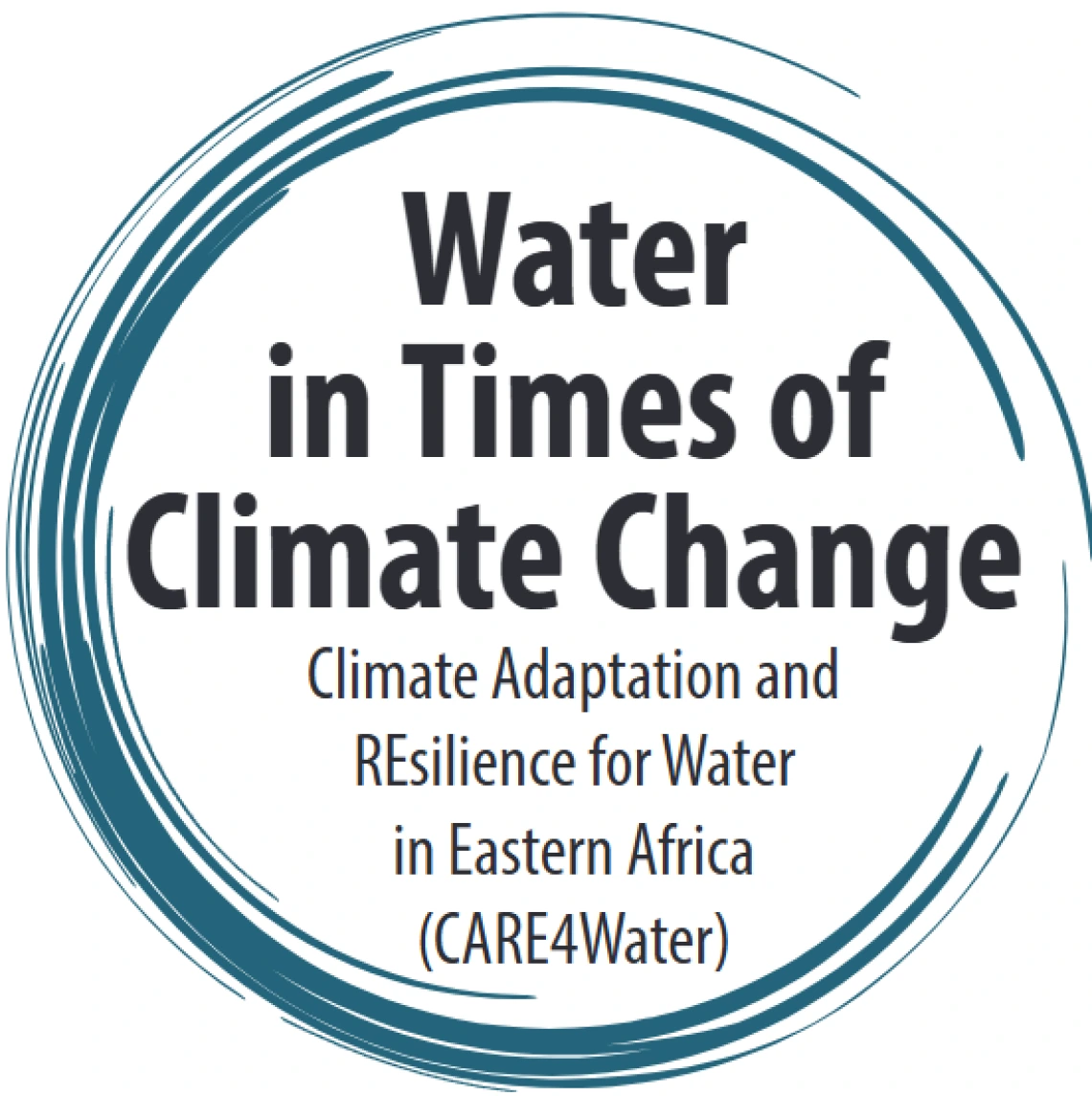East African UNESCO Program Uses G-WADI Developed Products

Source: UNESCO
G-WADI has developed many tools and approaches in its several decades of existence. Now some of these are finding their way into programs run out of UNESCO Regional offices.
UNESCO Nairobi is the regional office for East Africa, including Comoros, Djibouti, Eritrea, Ethiopia, Kenya, Madagascar, Mauritius, Rwanda, Seychelles, Somalia, South Sudan, Uganda and United Republic of Tanzania. In 2024, the office recently kicked off their Climate Adaptation and REsilience for Water in Eastern Africa (CARE4Water) Initiative. This initiative aims to improve climate resilience and secure water resources in East Africa by integrating science, socio-economics, and community engagement and empowerment.
CARE4Water is characterized by evidence-based decision-making, using diverse methods to gather data and undertaking comprehensive scientific assessments to evaluate water security. These include G-WADI developed approaches and tools, such as
- Climate Risk-Informed Decision Analysis (CRIDA)--a framework that provides insights into climate, demographic, land-use change, and other vulnerabilities based on empirical evidence, and
- The African Flood and Drought Monitor (AFDM)--a tool that includes near real-time early warning to anticipate and plan for potential hydrologic crises.
Like G-WADI, CARE4Water targets risk prone vulnerable populations, including pastoral and agropastoral communities in arid and semi-arid land.
